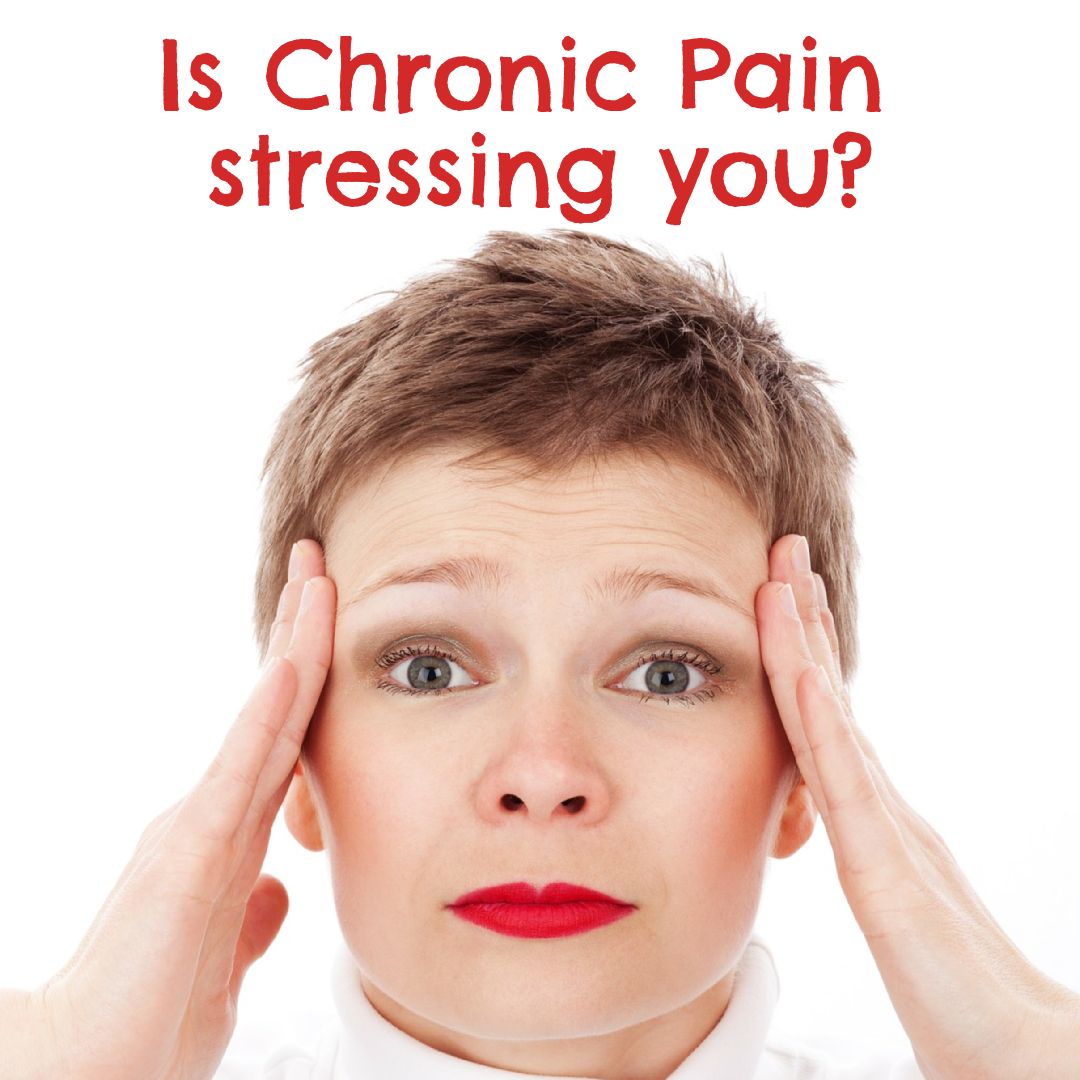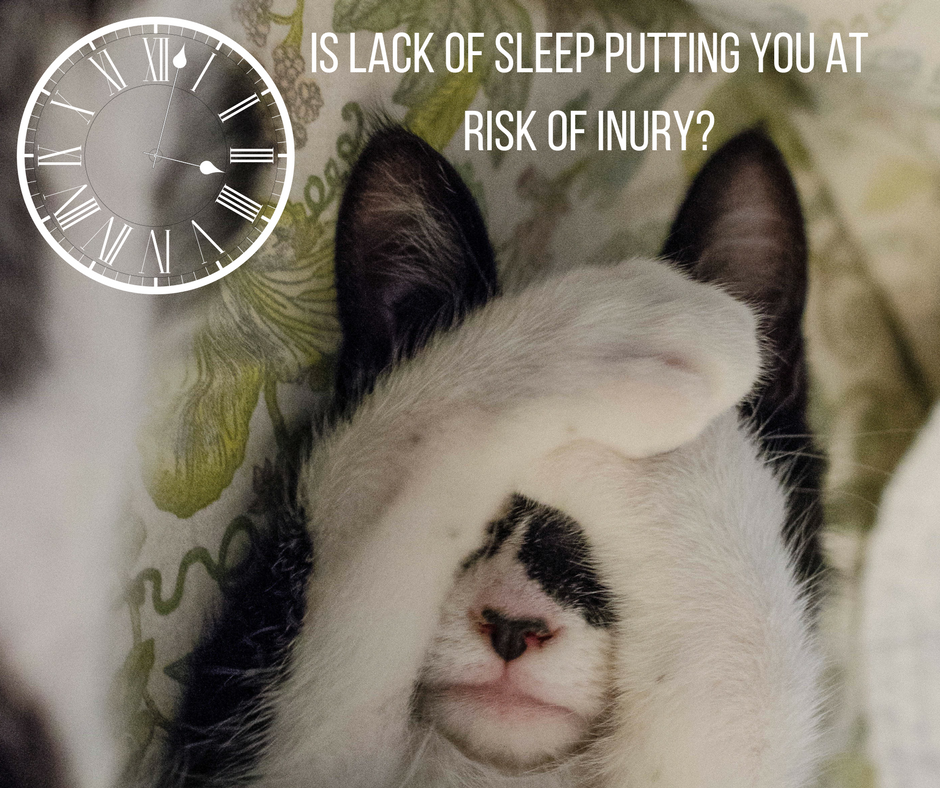
If you’ve suffered with any type of pain long term, you’ll know how frustrating it is. Rest assured that you’re not the only person and please don’t suffer in silence. Approx. 13% of the Irish population have chronic pain (Irish Journal of Medical Science). Chronic pain can be from tissue which was injured, nerve related, fibromyalgia, referred, low back, neck, knee, ankle, arthritis, sciatica, post dislocation to name a few… As you can see it can affect anybody anywhere! The type of pain may be sharp, dull, intermittent, or constant. Sometimes people who may look fine are suffering pain. The one common factor is that it tends to decrease a person’s quality of life, which is a huge factor to consider when getting help.
What is pain? Essentially pain is a reaction to a threat which may harm us, on a basic level pain is what keeps us alive, we become aware of something which might cause us danger and we react to take steps to avoid this danger and protect ourselves from any more harm. We experience a stress reaction to this threat and the brain initiates our systems to call a halt to any danger and try to heal the area as quickly as possible.
Isn’t that a good thing? Well yes, it is, we need this type of response to be able to heal fractures, muscular strains and protect us from harm. It’s when this response becomes heightened and in a constant state that the problem arises. If this occurs the body will be apprehensive to move or use some muscles more than others to keep us safe, this can lead to increased tension and perceived pain when doing certain movements. When we’ve healed from an initial trauma we don’t need to remain in this state, we need to let the body know that it’s safe to move and use it otherwise we become more sensitised.
What else can affect it? Many different factors can alter how the pain affects you. This can range from the severity of the injury to the length of time we are sensitised. The longer the pain persists the less it takes to aggravate the pain- it’s a vicious cycle that needs to be broken down. Stress, lifestyle, sleep, nutrition, exercise, memories, nerve/tissue health, anxiety can all affect pain – in a nutshell pain is multidimensional.
What can I do about it? There is no one size fits all answer because after all we are human and all individual, what works for one person may have zero effect on someone else. But what we can do, is determine what’s causing the issue, work on getting muscles desensitised and back doing their job, letting the overworked muscles relax and creating more control. Thus, allowing us to decrease the pain threat and get on doing things we enjoy and improve our quality of life. At Recalibrate I work with you to devise a plan to get you back moving, managing your symptoms and getting the most out of life.

